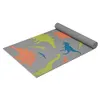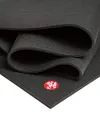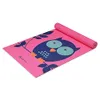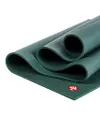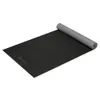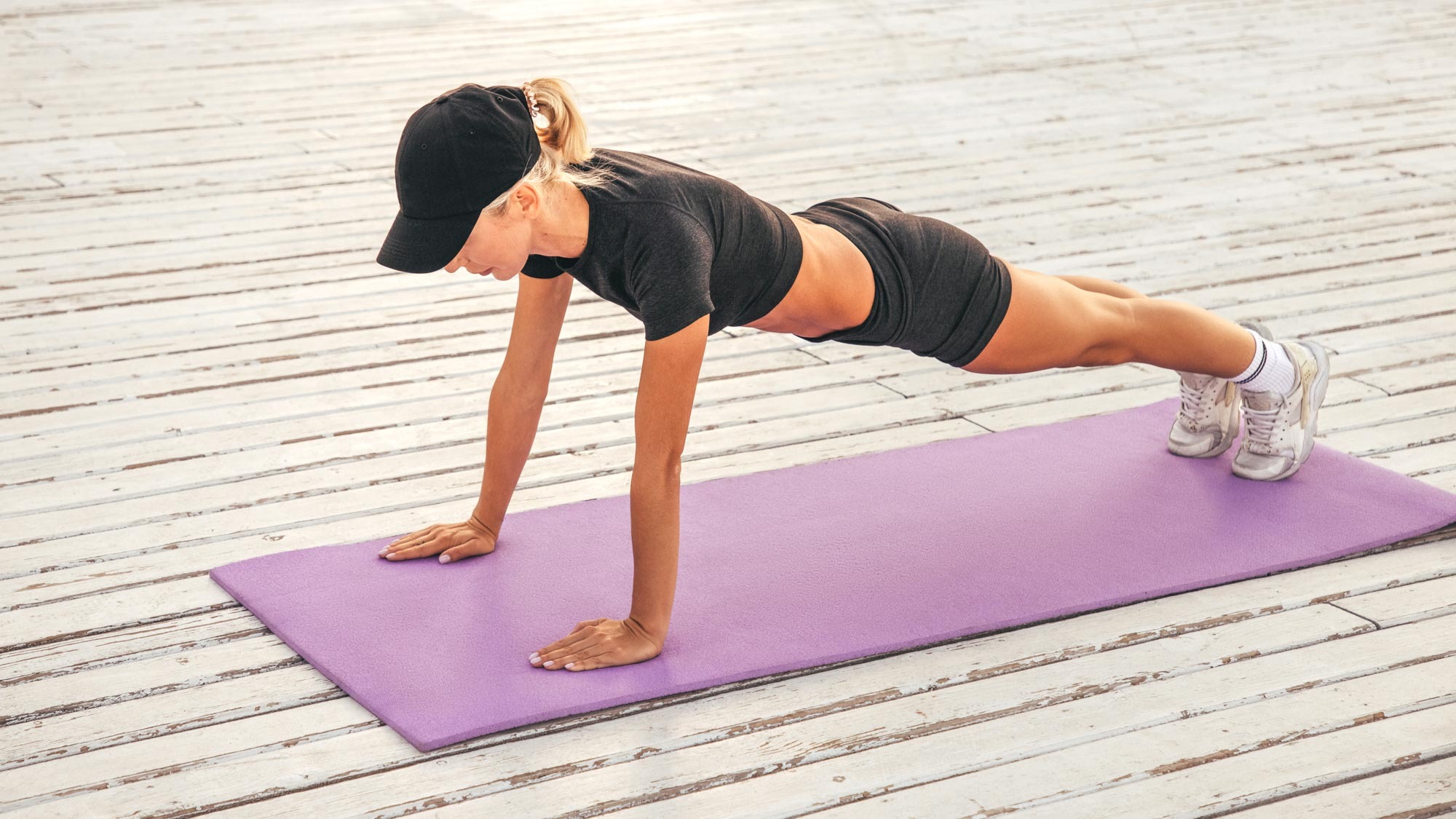
You can build shoulder mobility and prepare for barbell bench presses using the scapula push-up as part of your mobility routine.
Commonly programmed during warm-ups, scapula push-ups move the chest, shoulders and shoulder blades through protraction and retraction to help prepare them for upper-body workouts.
You won’t need any equipment to practice this exercise, but I recommend one of the best yoga mats for cushioning to help support your body. You can practice the scap push-up on your knees, so a mat is definitely worth an investment if you don’t already have one.
Here’s how to do scapula push-ups with proper technique, the benefits and variations to try.
What is a scapula push-up?
Scap push-ups help warm up and mobilize the shoulders, making it the perfect mobility exercise for your bench press and other push-focused exercises.
The idea of the exercise is to protract and retract the scapulae (shoulder blades). Drawing the shoulders apart deals with protraction as you push your chest away from the floor, whereas retraction involves pulling the shoulder blades toward each other and drawing the shoulders back.
You’ll start in a push-up position either on your toes or knees. Keeping your arms straight, attempt to perform a push-up without bending your elbows and slightly dipping your chest toward the floor, then pushing upward again as your shoulder blades draw apart.
Sign up to get the BEST of Tom's Guide direct to your inbox.
Get instant access to breaking news, the hottest reviews, great deals and helpful tips.
How to do scapula push-ups
First, practice by standing with your arms extended away from you at shoulder height and focus on pulling your shoulder blades forward and backward without shrugging them up or down, you’re essentially doing the exercise. From the push-up position, you’re horizontally loading the body.
Aim for 2-3 sets of 10-20 reps.
How:
- Start in a push-up position (here’s how to do a push-up properly) with your shoulders stacked over your wrists and hips aligned with your shoulders
- Brace your shoulders, core, glutes and quads
- Press through your hands and slightly rotate your shoulders outward to help engage your back muscles
- Keep your arms straight, then protract your shoulders by pushing your chest away from the floor and pulling your shoulder blades apart
- Pause, then pull your shoulder blades together and lower your chest
- If you prefer, perform the exercise on all fours in a tabletop position.
Benefits of the scapula push-up
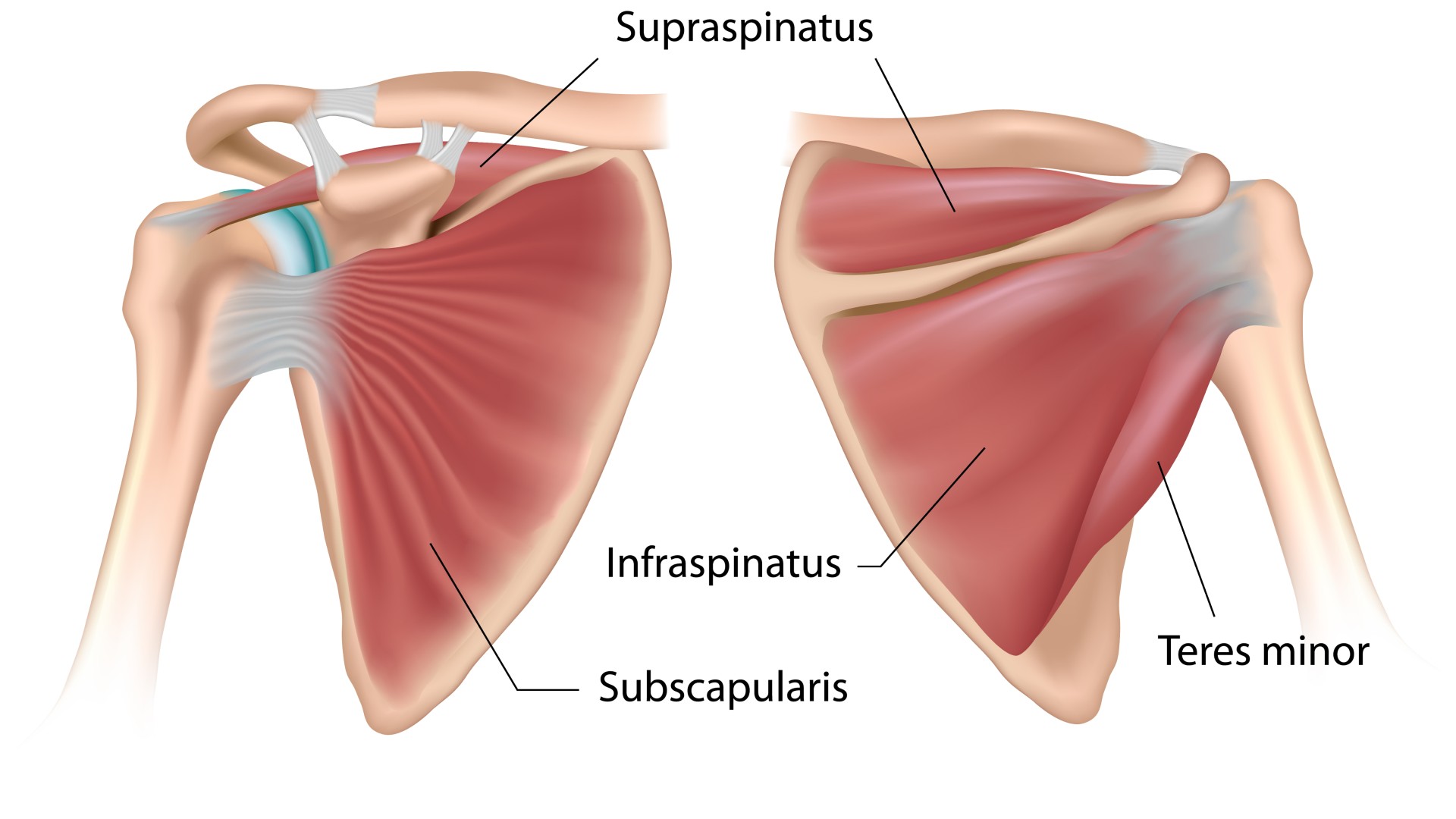
In life, shoulders spend a lot of time protracted as we hunch over desks, slump into chairs, or sit for long periods, so retraction is key to developing healthy shoulders, building shoulder strength and improving stability and posture. It’s also a great way to help safeguard your shoulders from injury.
Aim to move slowly through both phases of the motion — protraction and retraction. Taking time helps strengthen the mind-muscle connection and will prevent you from rushing without properly performing the exercise. Try to pause and squeeze at the top and bottom of the movement to help maximize activation.
There are a bunch of muscle groups playing a vital role in shoulder stability and a healthy spine, including the rotator cuff muscles — a group of four muscles surrounding and supporting the scapulae — the rhomboids and serratus anterior (muscles that help flatten your shoulder blades and pull them in).
Moving between the two positions doesn’t offer much range of motion, but it’s incredibly important for shoulder health, especially if you enjoy push-and-pull workouts to build strength and muscle in your chest and back.
If you have winged scaps — shoulder blades that stick out — struggle to engage your shoulders properly or want to practice proper movement patterns during push-ups, bench presses, or similar, this is a move to try for strong and healthy shoulders.
However, if you have a shoulder-related injury, any pre-existing health conditions, or injuries, or you experience pain when performing scapula push-ups, speak with a qualified personal trainer or medical physician first.
Here's why I love scapula push-ups
I’ve been dealing with a left rotator cuff injury and a weak left shoulder for many years, so the discovery of scap push-ups has been a game-changer for my shoulder mobility routines.
Learning to protract and retract your shoulders properly is key if your strength programs include bench presses and other horizontal pushing exercises like push-ups and overhead presses.
Equally, for bar-based pulling work like pull-ups or muscle-ups, scapula pull-ups are a similar exercise performed hanging from a pull-up bar and involve lifting and lowering the shoulders and learning to pull your shoulder blades up and down. Both are great preparatory mobility moves for workouts and teach your mind and muscles to work in harmony.
To make scap push-ups easier, perform them from your knees or standing with your hands against a box or wall. To increase difficulty, place a resistance band across your upper back and secure both ends with your hands, or check out the video above for other progressions.
More from Tom's Guide
- Australian pull-ups for beginners: How to do them
- You just need 14 minutes to strengthen your back and improve your posture with this equipment-free workout
- I'm a personal trainer, the candlestick roll is the best bodyweight exercise for your barbell squats

Sam Hopes is a level 3 qualified trainer, level 2 reiki practitioner and senior fitness writer at Tom's Guide. She is also currently undertaking her Yoga For Athletes training course. Sam has written for various fitness brands and websites over the years and has experience across brands at Future such as Live Science, Fit&Well, Coach, and T3.
Having worked with fitness studios like F45 and Virgin Active, Sam now primarily teaches outdoor bootcamps, bodyweight, calisthenics and kettlebells. She also coaches mobility and stretching-focused classes several times a week and believes that true strength comes from a holistic approach to training your body.
Sam has completed two mixed doubles Hyrox competitions in London and the Netherlands and finished her first doubles attempt in 1:11.

